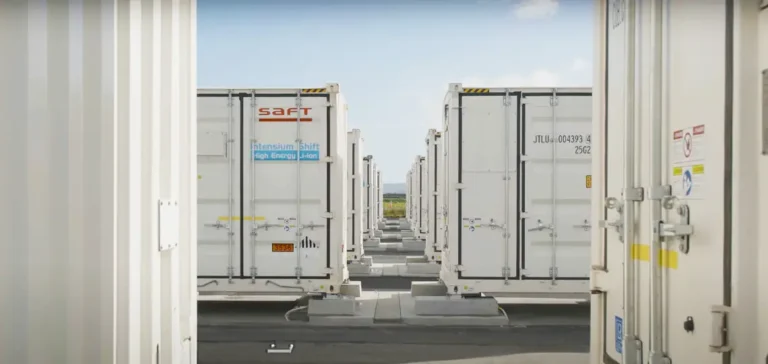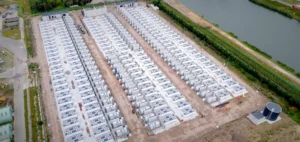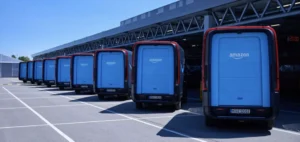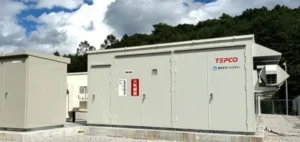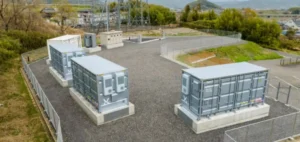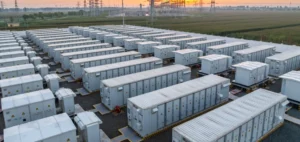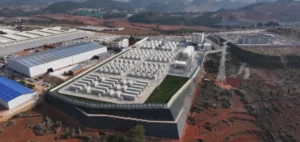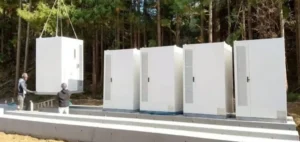Gurīn Energy, a Singapore-based developer active in the renewable energy sector across Asia, has selected French company Saft, a subsidiary of TotalEnergies, to supply a lithium-ion battery energy storage system (BESS) for a strategic project in Fukushima Prefecture, Japan. The site, designed to deliver more than 240 megawatts for four hours, will reach a total capacity exceeding 1 gigawatt-hour (GWh).
Deployment planned from 2026
The project will be built in the city of Soma and will include a comprehensive system for conversion, cloud-based supervision, and energy management. According to Saft, the complete solution will feature the I-Sight platform, using artificial intelligence technologies to optimise performance and anticipate network needs. The company will also handle installation, commissioning, and maintenance of the equipment.
Stability objectives for Japan’s grid
Battery storage will enable the Japanese grid to better integrate electricity from renewable sources by adjusting supply to demand in real time. This type of infrastructure is becoming central as Japan targets a renewable share of 40% to 50% in its national energy mix by 2030, up from the current 27%.
Large-scale BESS systems are expected to play a growing role in addressing network flexibility challenges. Gurīn Energy’s project is a clear example of targeted investment efforts to avoid curtailing renewable production and to secure power supply.
A partnership built on industrial expertise
Vincent Le Quintrec, Sales and Marketing Director for energy storage systems at Saft, stated that Asia is a strategic region for the sector’s growth. Ushio Okuyama, Country Director for Japan at Gurīn Energy, emphasised the project’s importance for the flexibility of Japan’s electricity networks at various levels.


